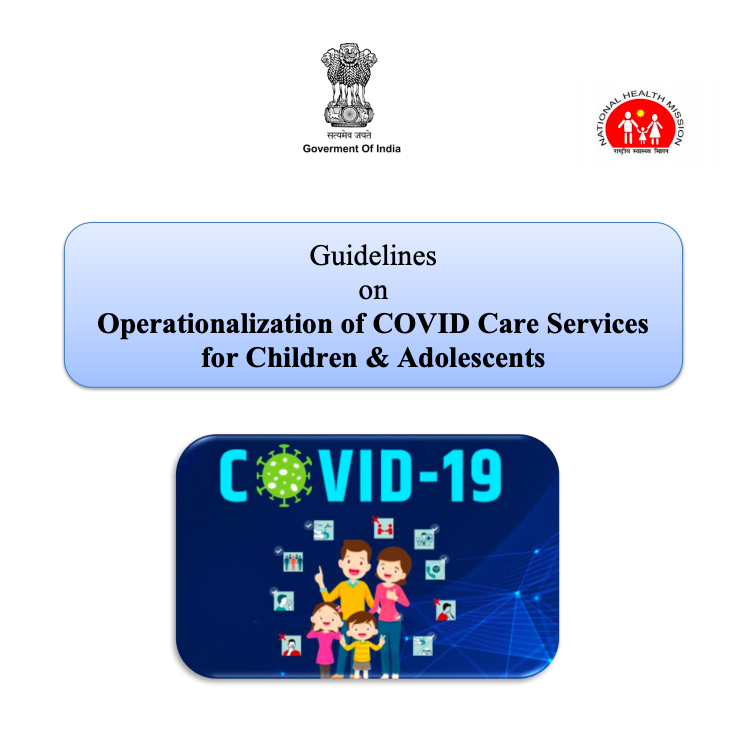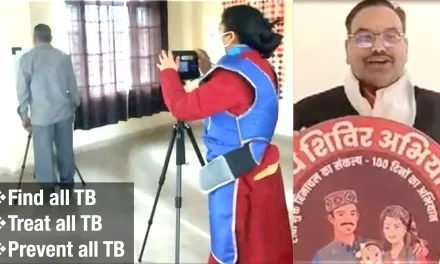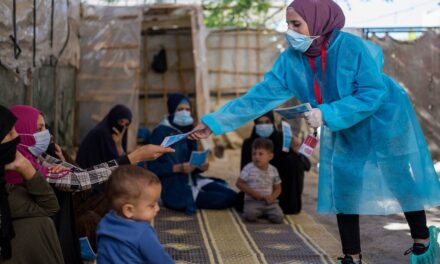Geneva – The Indian Council of Medical Research (ICMR), in collaboration with the Pune-based National Institute of Virology (NIV) and other research institutions, is set to initiate phase-3 clinical trials of a recombinant dengue vaccine. This announcement was made by Union Health Secretary Apurva Chandra on Wednesday during his address at the BRICS Health Ministers’ Meeting, held alongside the 77th World Health Assembly (WHA) of the World Health Organization (WHO) in Geneva.
During his speech, Chandra highlighted India’s proactive role in BRICS health initiatives, particularly emphasizing the BRICS Vaccine Research and Development Centre, which was launched virtually during India’s presidency in March 2022.
“India has demonstrated active engagement in BRICS health track initiatives, promoting collaborative endeavours to advance joint health agendas aimed at fortifying health systems across BRICS nations, thereby addressing critical global health challenges,” said Chandra.
The phase-3 trials of the recombinant dengue vaccine represent a significant milestone in India’s efforts to combat dengue fever, a mosquito-borne viral infection that poses a severe health risk in many parts of the world.
In addition to the dengue vaccine trials, Chandra announced that ICMR and its partners will also focus on research and trials for other locally endemic diseases. These include Kyasanur Forest Disease (KFD), Nipah virus, Human Papillomavirus (HPV), MTBVAC (Mycobacterium Tuberculosis Vaccine), and influenza.
Chandra also underscored India’s commitment to addressing Antimicrobial Resistance (AMR), a critical global health issue. He noted that India’s national action plan on AMR, launched in 2017, aligns with the WHO’s Global Action Plan on AMR.
“India recognises AMR as a global concern and advocates fostering collaboration among BRICS nations to devise and execute protocols, projects, and platforms to tackle AMR,” he said.
Moreover, Chandra highlighted the importance of advancing collaboration within BRICS countries in nuclear medicine and radio-pharmaceutical science. India aims to enhance the radio-pharmaceutical supply chain and isotopes production, alongside fostering the development and commercialization of advanced digital solutions.
In his concluding remarks, Chandra called on BRICS member states to enhance collaboration and work together to find solutions to various health challenges. This cooperative approach, he emphasized, is essential for addressing global health issues and strengthening health systems across BRICS nations.
The announcement of the phase-3 clinical trials for the dengue vaccine marks a significant step forward in global health collaboration and underscores India’s leadership in addressing pressing health challenges through innovation and cooperation.











